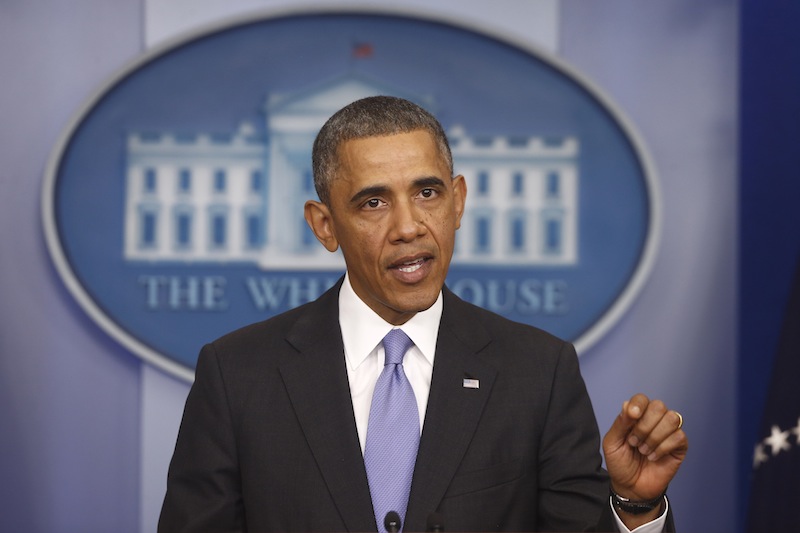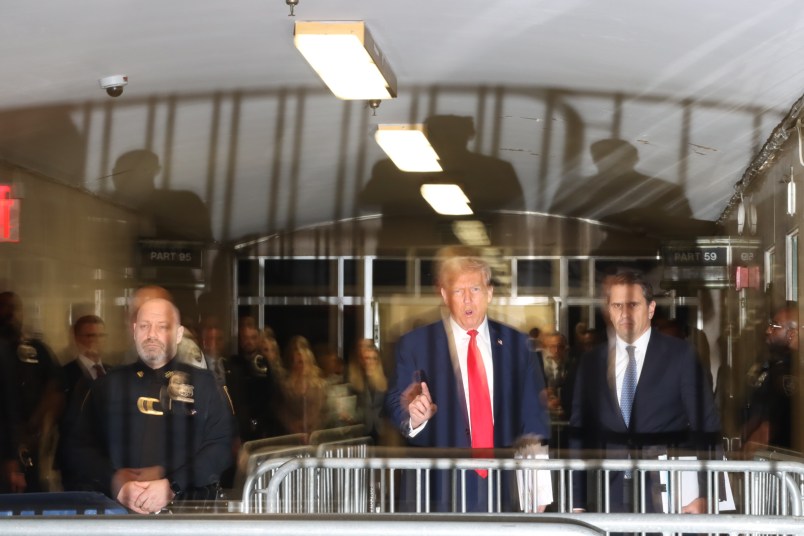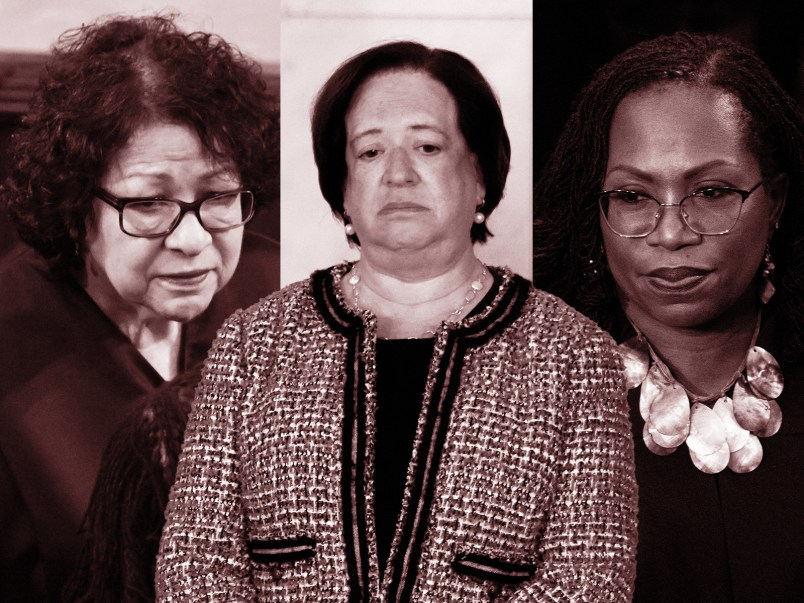WASHINGTON (AP) — A split federal appeals court on Tuesday grappled with an issue that is crucial to the success of President Barack Obama’s health care law, debating whether the government can subsidize premiums for people who buy insurance on exchanges run by Washington.
In a blunt assessment of the health overhaul and challengers to the Affordable Care Act, Judge A. Raymond Randolph described the launch of the act as “an unmitigated disaster” while Judge Harry Edwards said opponents of the law are seeking “to destroy the individual mandate and gut the statute.” The mandate is the requirement that nearly everyone have health insurance.
The third judge on the appeals court panel, Thomas Griffith, expressed skepticism over the administration’s argument that the subsidies are available regardless of whether people buy insurance on a state-run or federally facilitated exchange.
The exchanges in the Obama administration’s signature domestic program are of critical importance because most states have been unable or unwilling to set up their own exchanges. As a result, the federal government has stepped in to take the lead in 36 states.
In the case before the U.S. Court of Appeals for the District of Columbia Circuit, a group of small business owners says the law authorizes tax credits only for people who buy insurance on exchanges established by the states.
The business owners are challenging an Internal Revenue Service regulation based on the act that says the tax credits are available to all qualifying individuals, regardless of whether they buy insurance at the state level or federally.
The case revolves around four words in the law, which says the tax credits are available to people who enrolled through an exchange “established by the state.”
The Affordable Care Act provides a federal tax credit for low- and middle-income people through the exchanges, a setup designed to achieve the law’s goal of widespread, affordable health care.
The lawsuit is one of myriad legal challenges to the health care law.
Edwards is an appointee of President Jimmy Carter; Randolph is an appointee of President George H.W. Bush; and Griffith is an appointee of President George W. Bush.
Ron Pollack, executive director of Families USA, an advocacy group supporting the health care law, said he views the case as “frivolous,” but he nonetheless says it is “Obamacare opponents’ last and most far-fetched stand to destroy the Affordable Care Act.” Pollack said he thinks the plaintiffs’ reading of the law is wrong because Congress created a national program and lawmakers wanted Americans to have access to subsidized health insurance regardless of where they live.
Michael F. Cannon, director of health policy studies at the libertarian Cato Institute think tank, says Griffith seemed “very skeptical” of the IRS regulation’s legality.
Griffith repeatedly stressed to the government that the tax-credit eligibility rules are crystal clear: that a taxpayer must be enrolled “through an exchange established by the state” in order to receive a tax credit,” said Cannon, whose organization opposes Obamacare.
Pollack and Cannon both attended Tuesday’s argument.
___
Associated Press writer Ricardo Alonso-Zaldivar in Washington contributed to this report.
Copyright 2014 The Associated Press. All rights reserved. This material may not be published, broadcast, rewritten or redistributed.









